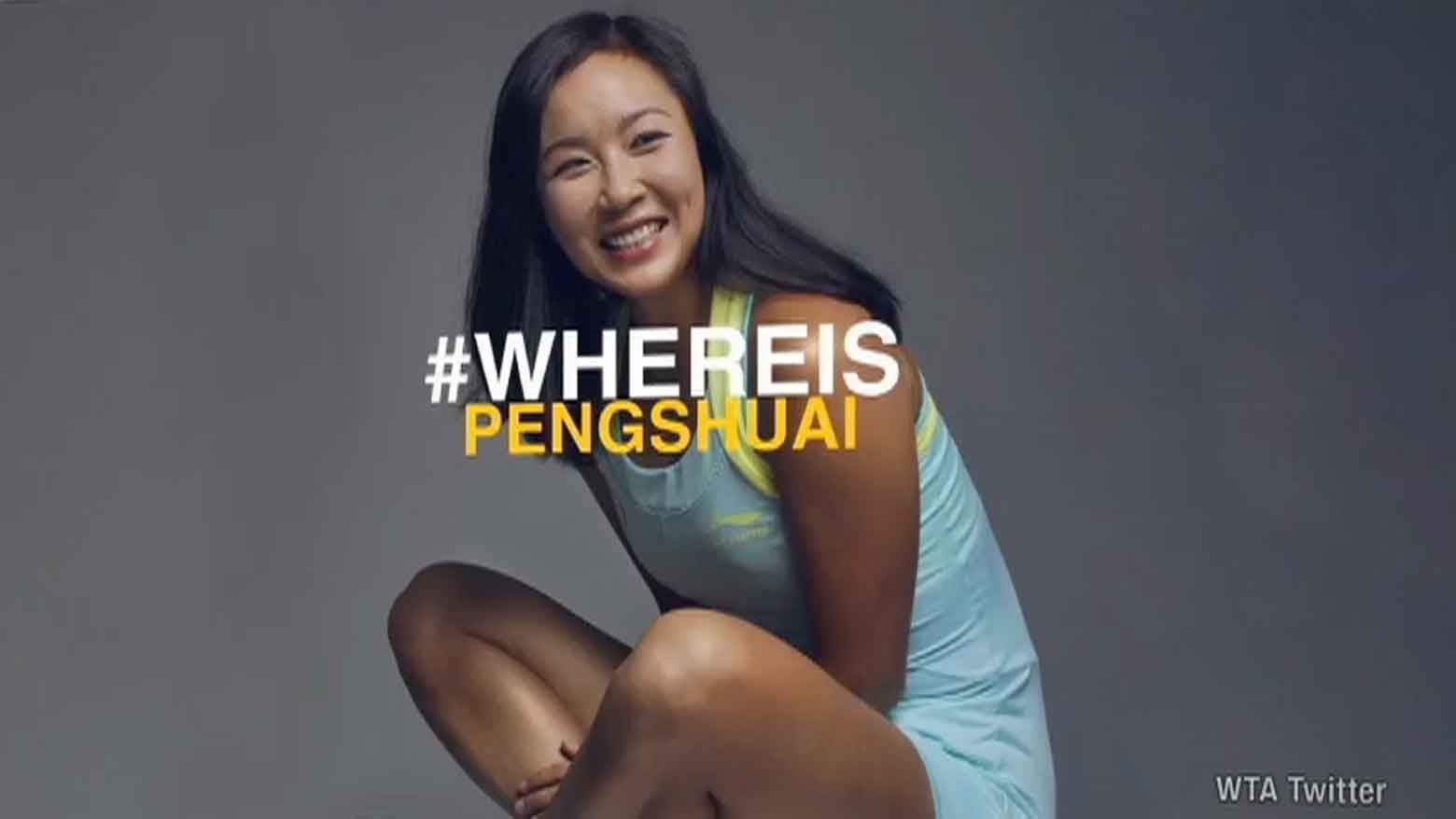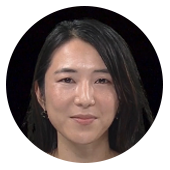The 35-year-old accused former Vice Premier Zhang Gaoli of sexual assault in an online post last month. The post was removed within minutes. Soon afterwards, Peng went missing.
The former world number one doubles player has since reappeared in a series of videos and photos. But many of her supporters fear they are staged.
Online bombshell
On November 2, Peng uploaded more than 1,600 words on Chinese social media platform Weibo accusing Zhang of rape. “That afternoon I didn’t consent, and that’s why I was crying the entire time,” she wrote. The alleged attack took place about three years ago at Zhang’s home.
Peng seemed to be aware that her post would have repercussions: “I know Vice Premier Zhang Gaoli, someone with your eminence, you’ve said you’re not afraid,” she wrote, “but like an egg hitting a rock, or a moth to the flame, courting self-destruction, I’ll tell the truth about you.”
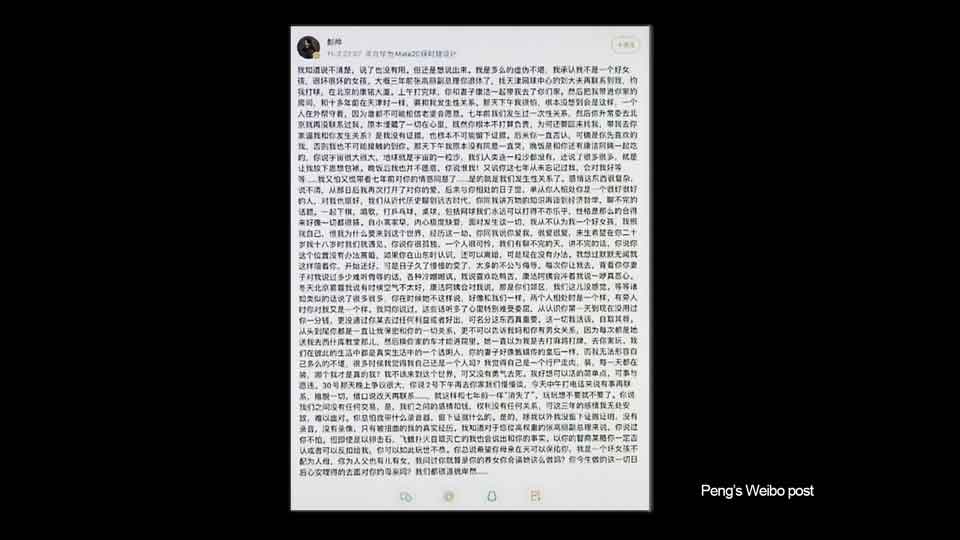
The post was deleted within minutes, but screenshots circulated online. When Peng reportedly disappeared from public life, her safety became a matter of international concern. Top tennis players, including Osaka Naomi and Novak Djokovic, spoke out and the Women’s Tennis Association called for an investigation.
On November 17, China’s state-run English language news channel CGTN released an email they claimed was sent by Peng to WTA chief executive Steve Simon. In the email, Peng writes she has been “resting at home and everything is fine” and states the sexual assault allegations are untrue.
A few days later, the editor of state-run newspaper Global Times posted video clips on Twitter that appear to show Peng having dinner at a restaurant with friends and attending a tennis event in Beijing.
Many people have questioned the authenticity of the email, photos and videos.
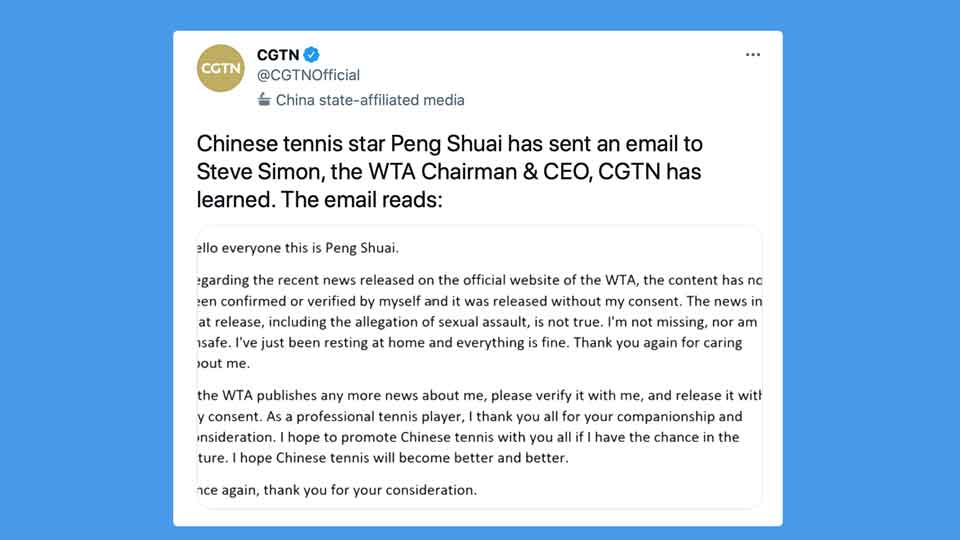
A grave situation
“I couldn’t believe this at first because it’s a matter of life and death to file this kind of complaint against someone in the Chinese Communist Party’s top leadership,” says Professor Korogi Ichiro of the Kanda University of International Studies.
“Her allegations are groundbreaking. It’s a very dangerous thing to do. There’s never been a scandal that implicated such a high-ranking political leader.”
Korogi says the timing of Peng’s post may have been politically influenced in a bid to ensure Zhang faced extreme consequences.
“It was just a week before the key gathering of the highest-ranking members of the Communist Party where President Xi Jinping aimed to consolidate his power with a historical resolution marking the 100th anniversary of the party’s founding,” he notes. “So I think we cannot rule out the possibility.”
After Peng’s post was quickly removed, state censors went on to restrict searches for her name and even the word “tennis,” reflecting the sensitivity of misconduct allegations against party leaders.
Zhang, now 75, is married. He served on the top ruling body in China, the party’s Politburo Standing Committee, from 2012 to 2017. The committee currently consists of seven members, including Xi. The movements and remarks made by its members are shrouded in secrecy.
Effects on the Beijing Winter Olympics
With less than two months before the start of the Beijing Winter Olympics, the International Olympic Committee is also weighing in on Peng’s situation. President Thomas Bach spoke with her on a 30-minute video call on November 21.
Peng reportedly explained that she was safe and well, at home in Beijing. The IOC reports it held another video call with her on December 2.
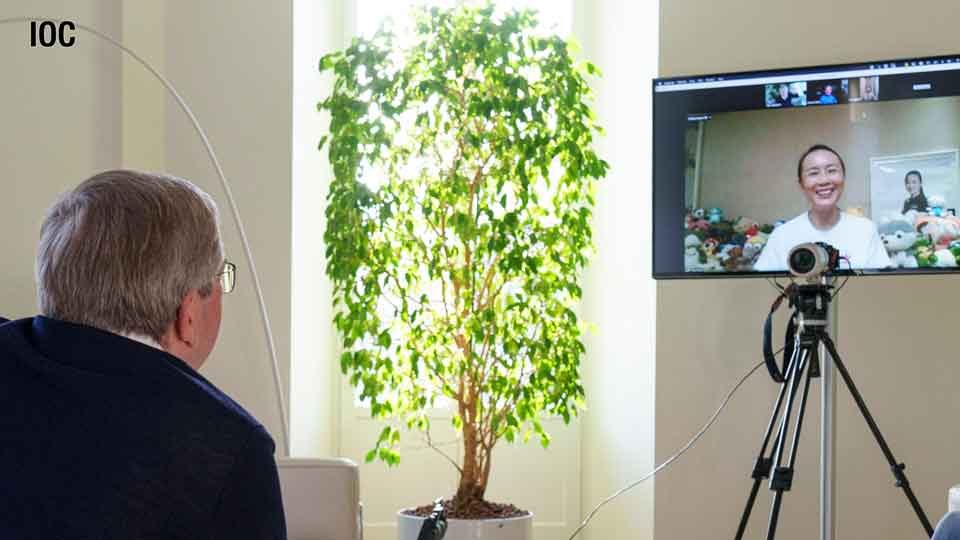
Meanwhile, the WTA is ramping up its response. Its decision to suspend all tournaments in China, including in Hong Kong, is based on “serious doubts” that Peng is safe and free.
The move will cost the WTA millions of dollars -- China hosted nine tournaments during the 2019 season -– but the organization’s chief executive warns the issues at stake are “bigger than the business.”
“The WTA decision, which shows they will not yield to China’s financial power, is an unexpected backlash,” says Ako Tomoko, a professor at the University of Tokyo’s Graduate School of Arts and Sciences.
“In the past, there have been conflicts between the international community and China over various issues, however the voices of criticism against Beijing normally weaken due to China’s economic power,” Ako says. “I think China took it for granted that this situation would be under control soon.”
While the United States will send a team of athletes to the upcoming Winter Olympics, White House spokesperson Jen Psaki announced this week that no US officials will attend. President Joe Biden told reporters last month that he is weighing a diplomatic boycott in protest of China’s human right abuses.
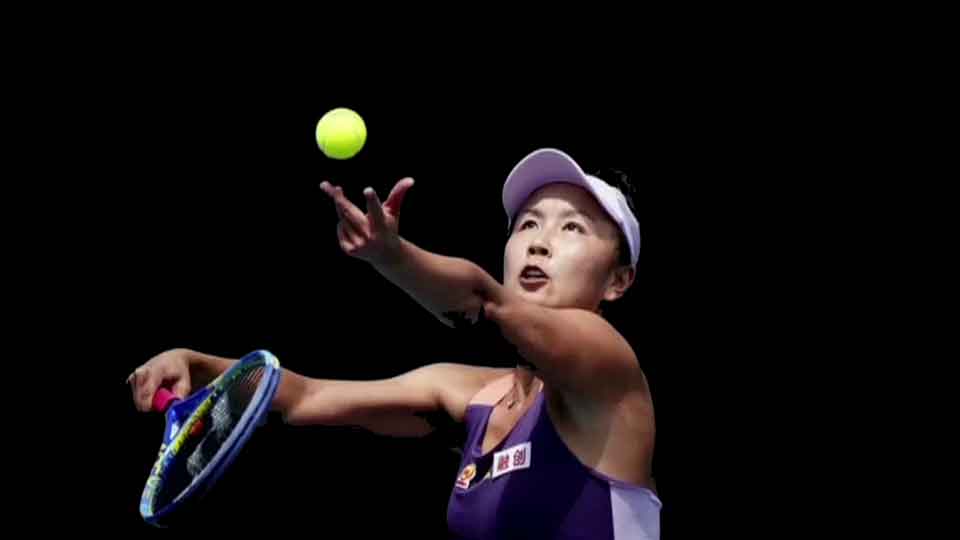
Silence and propaganda
China appears to be taking a two-pronged approach to deal with the scandal. It is maintaining silence internally, while releasing select information through its English-language media to the international community. It is understood the topic is blocked on the country's heavily censored internet.
Foreign ministry spokesperson Zhao Lijian told a news conference late last month that "certain people" should stop the "malicious hyping" and "politicization" of this issue. So far, neither Zhang nor the Chinese government have made official comment.
